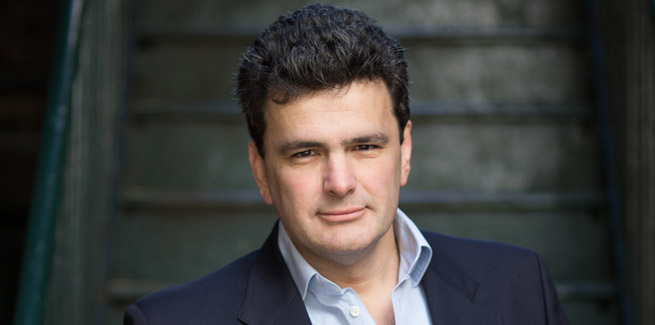Following the Reserve Bank of Australia’s (RBA) decision to lower the cash rate by 25bps to 1.25 per cent, several lenders, including the big four banks, passed on the savings to mortgage customers.
CEO of neobank Xinja Eric Wilson has said that while it’s “tempting to borrow more” in a low-rate environment, borrowers should “accelerate debt repayments” to “build a buffer” against risks to economic stability.
“Lower rates are a sign the economy is slowing and there’s little or no inflation,” Mr Wilson said.
“On face value, lower rates look good for borrowers, or could be a signal to borrow more.
“But this is an opportunity to cut debt to ensure you’re in the best position to deal with a slowing economy and the possibility of lower jobs growth.”
Mr Wilson echoed the sentiment of managing director of the Finance Brokers Association of Australia (FBAA) Peter White, who encouraged borrowers to resist the urge to spend any savings they incur from lower mortgage rates.
“There is a temptation to spend the windfall, including tax cuts and wage growth, but I don’t think that’s the best strategy,” he said.
“Economic growth is flat, debt levels are high, the housing market is still declining and unemployment is static. When you add global factors into the mix, there is cause for caution.
“Borrowers will effectively be saving for a rainy day if they keep their mortgage repayments as high as they can afford. It’s better to have payments in reserve if conditions deteriorate further.”
Concerns over the state of the overall economy have heightened following the release of the Australian Bureau of Statistics’ Australian National Accounts data for the quarter ending March 2019.
GDP growth of 0.4 per cent was reported, with annual growth slowing to 1.8 per cent – the weakest since September 2009.
Following the release of the figures, Treasurer Josh Frydenberg acknowledged that while the economy “continues to grow in the face of headwinds”, the growth is “softer than it was at the same time last year”.
Reflecting on the data, AMP chief economist Shane Oliver said the make-up of GDP growth is “concerning”, and that he expects it to continue falling below market expectations.
The AMP economist also flagged recessionary risks associated with a drop-off in government spending and mounting uncertainty in the global economy.
“The economy is now in its 28th year of recession-free economic growth, and while the near-term outlook for growth still looks positive as the various parts of the economy muddle through, the outlook for 2020 looks challenging,” he said.
“[Government] infrastructure spending looks like it will slow after this year, residential construction looks likely to continue to decline, the consumer is expected to remain weak and risks are building around the global economic outlook as a result of Trump’s trade wars.”
He added: “We see a higher risk of an Australian recession in 2020 – risk of around 25 per cent, [up] from 15 per cent.”
Mr Oliver said regulators and policymakers may need to consider further stimulus to alleviate recessionary risks.
“More RBA interest rate cuts, along with fiscal stimulus, are likely to be necessary to offset the threat to growth,” he said.
Mr Oliver has forecasted three additional cuts to the cash rate by mid-2020, which would see it fall to 0.5 per cent
[Related: Housing investment slips, recession fears mount]
